Reviews by the editorial staff of Early Music America. Have a new recording or book? Submit it for consideration.
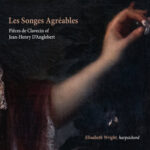
Sweet Dreams Are Made by D’Anglebert
Elisabeth Wright puts a lifetime of study, performing, and teaching into her new recording of keyboard suites by Jean-Henri D’Anglebert, one in a string of harpsichord masters serving Louis XIV. Her love for this music is everywhere apparent, and her readings are lucid, expressive, and never static.
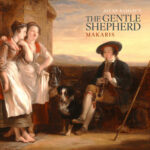
Scotland’s First Opera: ‘The Gentle Shepherd’
Charming and surprisingly great fun, Allan Ramsay's The Gentle Shepherd (1725) is perhaps the first 'ballad opera' ever assembled. The lively group Makaris have done the research and deliver an unknown treasure, seamlessly melding folk and Italianate styles.
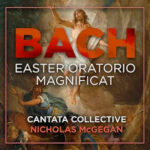
Cantata Collective’s Easter Oratorio & Magnificat
The latest Bach recording from Cantata Collective, led by Nicholas McGegan, is highlighted by a spirited (and rapturously sung) 'Easter Oratorio.' All the components are in place, with four outstanding vocal soloists, compelling instrumentalists, and a top-notch chorus. This is another must-have recording from one of the Bay Area's premiere ensembles.
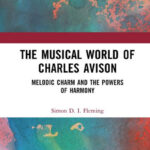
The Expressive Charms of Charles Avison
Charles Avison is best known as a theorist and for his 1752 'Essay on Musical Expression.' But he was also a composer whose attitudes — learn the rules of harmony; break them to be expressive — reached far beyond Georgian England.
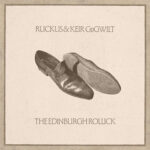
The ‘Edinburgh Rollick’ with Ruckus
Ruckus describes itself as a 'continuo band,' and for its latest album the adventurous ensemble is backing fiddler Keir GoGwilt in a collection of wild, romping tunes by Niel Gow (1727-1807), a legend in the Scottish tradition. The band plays Gow's music with all the virtuosity and flair they'd bring to Purcell and Handel.
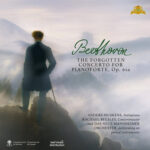
A Fortepianist Takes Up Beethoven’s Violin Concerto
Beethoven was commissioned to transcribe the solo part of his beloved Violin Concerto for keyboard, rarely heard today. Canadian fortepianist Anders Muskens and a top period-instrument band give it a rousing go—brisk and flexible, imaginative and insightful. Much of the playing is a delight.
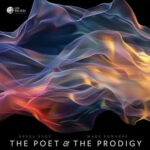
Marvelous Bach & Couperin from Les Délices
In this beautifully paced recital, Baroque oboist Debra Nagy and harpsichordist Mark Edwards create an equal partnership and explore familiar music by J.S. Bach and François Couperin, often in delightful arrangements.
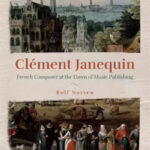
Clément Janequin’s Vocal Adventures
Clément Janequin occupies a unique spot in early music, where several of his kaleidoscopic chansons — including 'Le Chant des oyseaux, and 'La Chasse' — are a hit among vocal ensembles. An agile, often humorous new book covers the range of Janequin's work and his times, aimed at reaching the performer as much as the scholar.
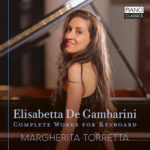
Elisabetta de Gambarini, Obscure No Longer
You might have come across the composer, singer, and harpsichordist Elisabetta de Gambarini (1731-1765) from music history books, but until now there's not been significant recordings of her work. Now Margherita Toretta, a pianist, has brought together all Gambarini's known keyboard pieces on one disc.
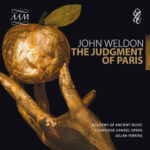
And the Winner is…John Weldon’s ‘The Judgment of Paris’
In early 18th-c. Britain, a competition to help promote opera in English led to a surprise winner. John Weldon's 'The Judgment of Paris,' recorded for the first time by the Academy of Ancient Music, boasts colorful orchestration, clever choral writing, and rapturous music.

